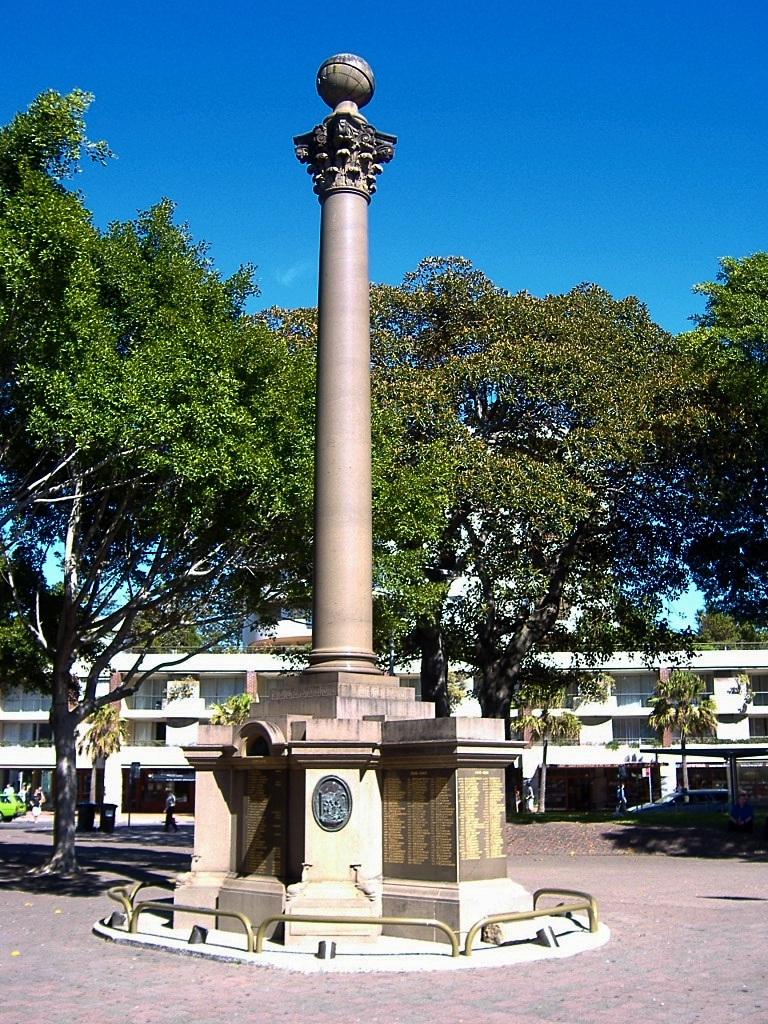For King and Country

The Corso is the best-known thoroughfare on Sydney’s northern beaches and hosts largest and most significant war memorial on the peninsula. Like most streets in Manly, The Corso gave some of its young men to what was supposed to be the war to end all wars, but sadly it wasn’t. As was the case with other streets, not all of its sons came home. There were some of those that did and they were scarred in one way or another.
Although it is deemed short compared to other streets and is occupied primarily by commercial premises, The Corso was also home to many families, and at least 19 young men from Manly who enlisted for service gave The Corso as their home address.
Of the 19 men who gave their address as The Corso when they enlisted, five never made it home and two more were sent home after being medically discharged. And it was a different Corso to which the 14 young soldiers returned — at its southern end there stood a cenotaph that had been erected while they were away.
The cenotaph was a gift to the people of Manly from local solicitor Mark Mitchell, whose son Alan was wounded at Gallipoli on April 25, 1915, and died of his wounds on May 5. By the time the last of the Manly enlisters made his way back to their beloved beachside suburb, the cenotaph had been inscribed with the names of nearly 200 men from the district who had lost their lives.
But what the soldiers who returned noted most was the dramatic change in the mood of their nation, as well as that of their seaside home. What started out as “an adventure” for so many young men or just a chance to see the world, and all in the name of king and country, ended with so many dead or maimed.
What was worse was that the war to end all wars wasn’t that at all, and many of the sons of those who fought in World War I enlisted to fight in World II, and the number of names inscribed on the cenotaph on The Corso grew from nearly 200 to more than 500.
#yougottalovesydney
IMAGE CREDIT: www.ww2cemeteries.com
